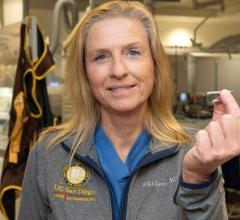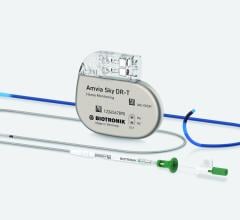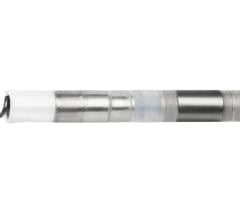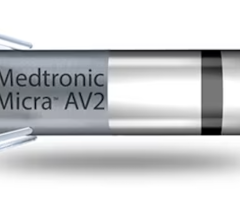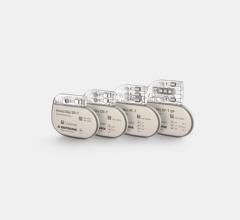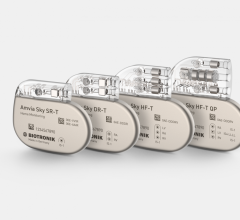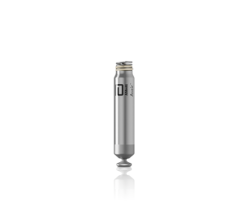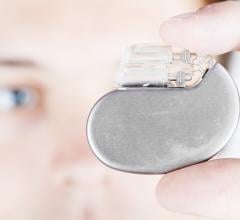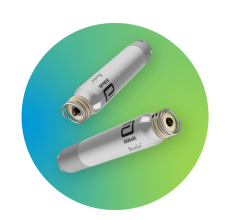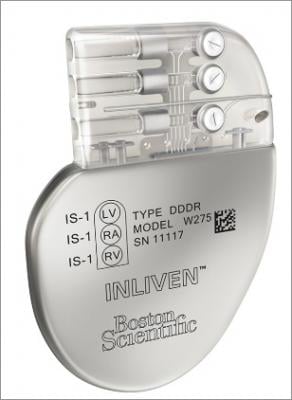
June 26, 2013 — Boston Scientific Corporation is launching a new family of pacemakers in Europe. These pacemakers monitor respiration, adjust pacing accordingly, and support insight into the patient's overall heart failure status. Comprising of the Inliven cardiac resynchronization therapy pacemaker (CRT-P) that synchronizes the heart chambers, and the Vitalio and Formio pacing systems, the new family of devices offers clinicians a comprehensive set of tools for the management of heart failure and related comorbidities.
Pacing systems are designed to treat bradycardia, a condition in which the heart beats too slowly, depriving the body of sufficient oxygen, whereas CRT-P systems are designed to treat heart failure patients.
"The new family of devices is able to offer a unique perspective on the patient's pacing status by monitoring cardio-respiratory signals for broader co-morbidity management," said Jean-Benoît Le Polain de Waroux, professor, Cliniques Universitaires Saint-Luc in Brussels, Belgium, and an investigator in the approval studies for the devices. "The technology is able to adapt the pacing rate to meet the patient's metabolic needs when his or her respiration is increasing, as during exercise."
Each of the devices features the Boston Scientific RightRate technology to adapt the pacing rate to changes in respiration. All three devices include AP Scan, a technology that helps physicians identify and evaluate patients with severe sleep apnea, one of the most prevalent comorbidities in the pacemaker population. The whole family of devices includes radio-frequency (RF) technology, which helps increase the efficiencies of the device implant and periodic in-clinic patient follow-ups. RF technology helps ensure that patients are able to send critical diagnostic health information wirelessly and automatically to their physicians through a monitor at their home.
In addition, Formio includes a full range of features that monitor, track and trend physiological markers related to heart failure, making this device specifically suited to assist in diagnosing patients who are at higher risk of heart failure. These can include those with atrio-ventricular block, a condition in which there is a longer-than-normal delay between the contractions of the heart's chambers. With AP Scan, Respiratory Rate Trend, Heart Rate Variability diagnostics and remote home monitoring via the Latitude NXT system, Formio may help physicians detect changes earlier and make proactive decisions, with the aim of positively impacting clinical outcomes. The new devices also offer an MR-conditional platform, allowing patients to undergo full-body magnetic resonance imaging (MRI) scans.
"We are now able to offer a full portfolio of bradycardia and heart failure devices," said Michael Onuscheck, senior vice president and president of Europe, Middle East and Africa at Boston Scientific. "With our new family of devices, we can provide physicians with diagnostic and therapeutic tools based on a physiological parameter such as respiration."
Inliven, Vitalio and Formio have received the CE mark. Vitalio and Formio are also approved in the United States.
For more information: www.bostonscientific.com


 May 02, 2025
May 02, 2025 
